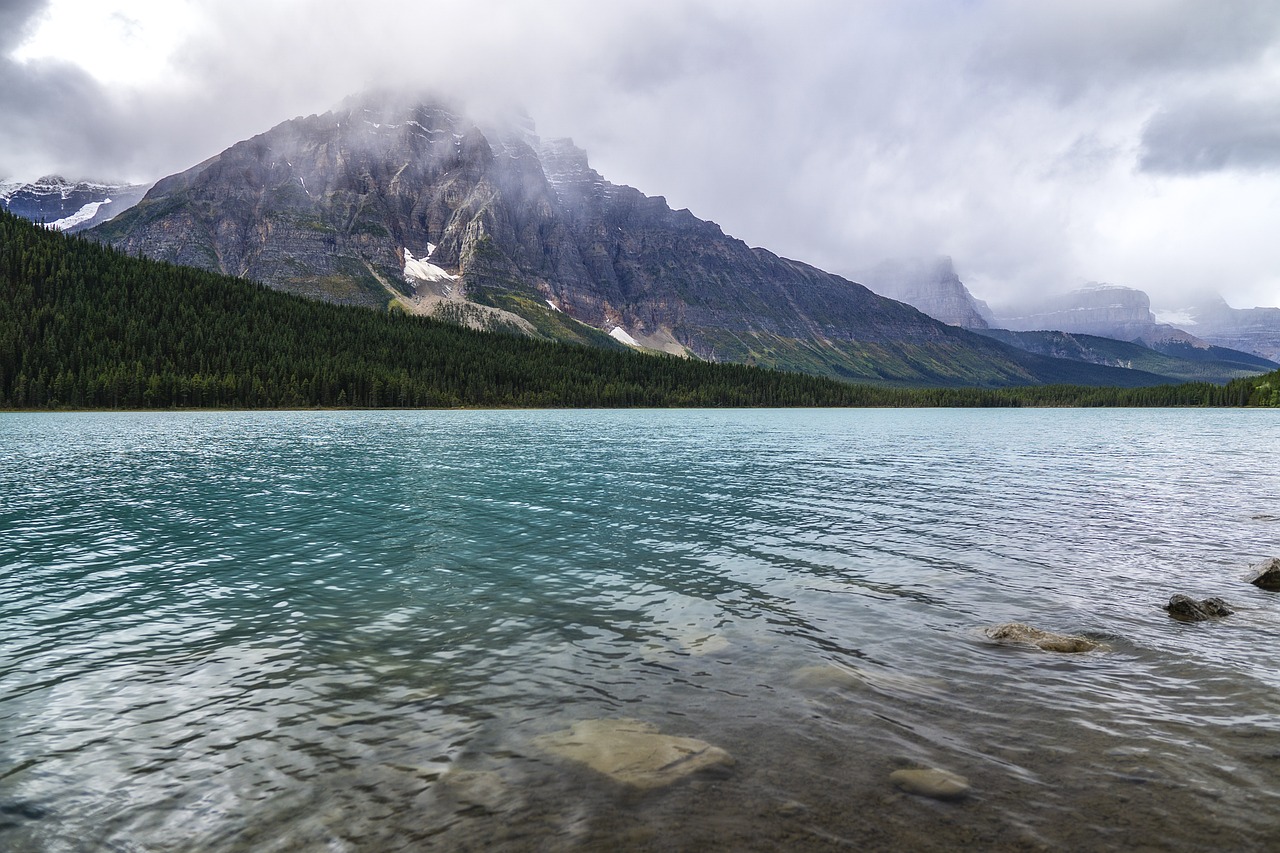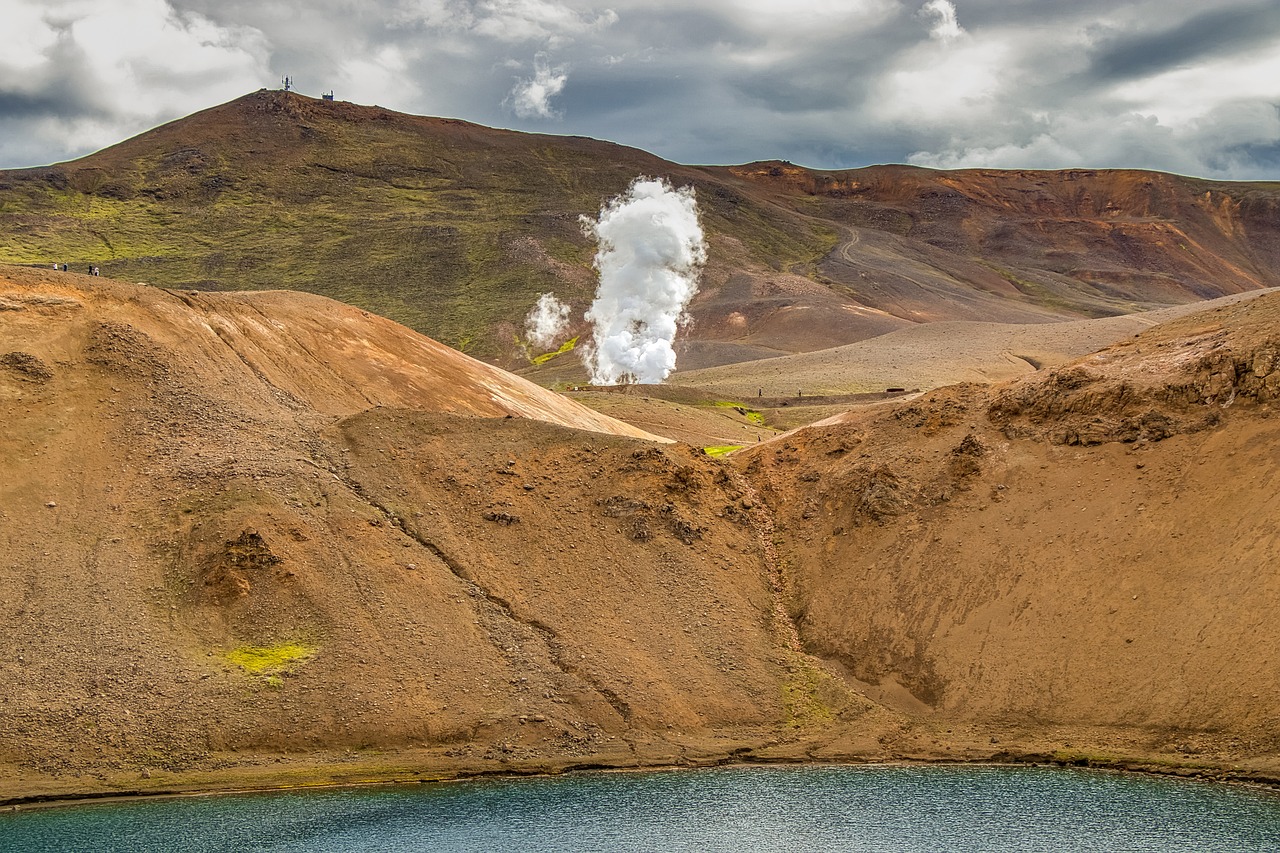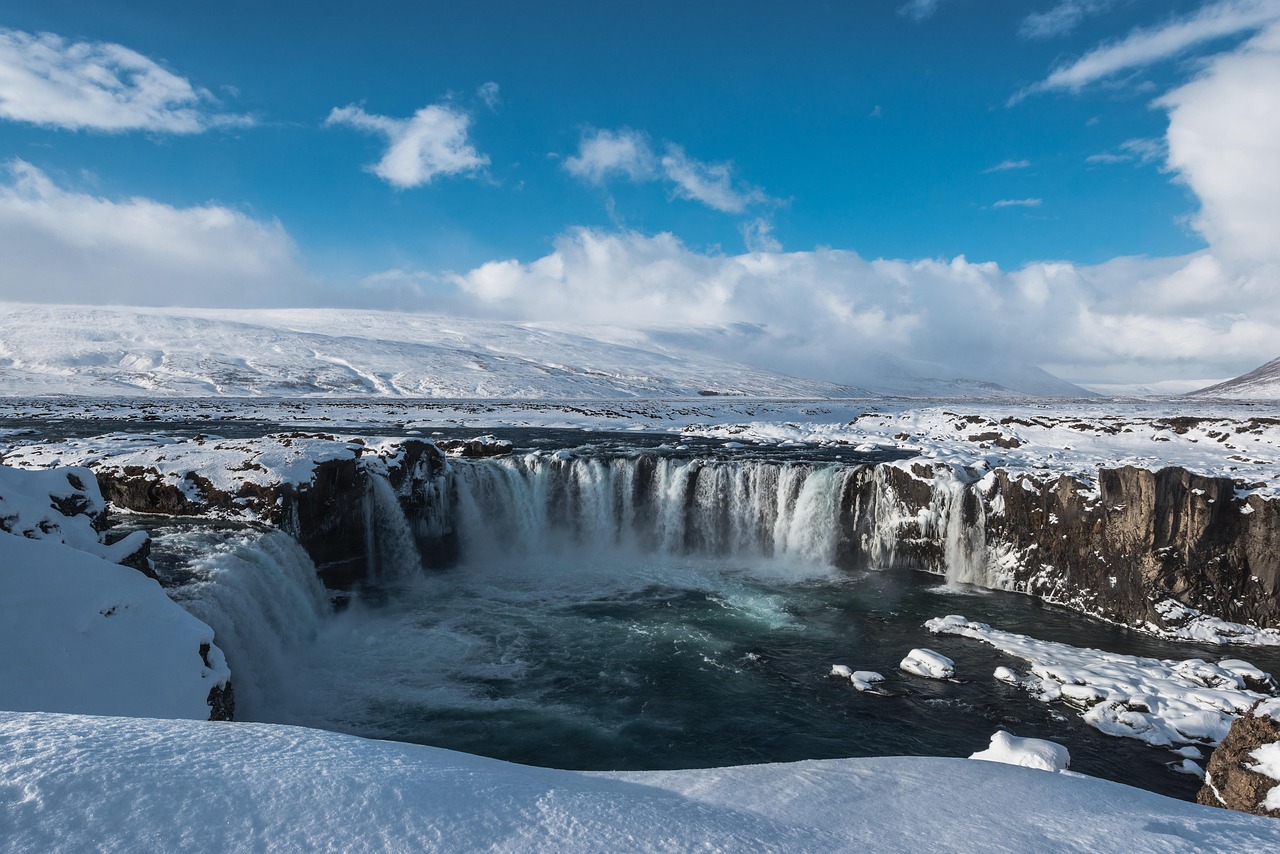Introduction
Iceland, known for its stunning landscapes and vibrant culture, has become a popular destination for nomads seeking adventure and unique experiences. As a nomad in Iceland, it is essential to have access to banking and financial services that cater to your specific needs. This article will provide a comprehensive guide to banking and financial services for nomads in Iceland, ensuring you have all the information necessary to manage your finances while exploring this beautiful country.
Banking in Iceland
When it comes to banking in Iceland, there are several options available to nomads. The country has a well-developed banking system that offers a range of services tailored to meet the needs of both residents and non-residents. Here are some key points to consider:
- Major Banks: Iceland has several major banks, including Arion Bank, Landsbankinn, and Íslandsbanki. These banks offer a wide range of services, including current accounts, savings accounts, loans, and online banking facilities.
- Foreign Banks: Some foreign banks also operate in Iceland, providing additional options for nomads. These banks may offer services in multiple currencies and have branches or online platforms that cater to non-residents.
- Online Banking: Most banks in Iceland offer online banking services, allowing nomads to manage their finances conveniently from anywhere in the world. Online banking platforms typically provide features such as balance inquiries, fund transfers, bill payments, and account statements.
- ATMs: ATMs are readily available throughout Iceland, making it easy for nomads to withdraw cash when needed. However, it’s important to note that some ATMs may charge fees for withdrawals, especially if they are operated by foreign banks.
Opening a Bank Account
If you plan to stay in Iceland for an extended period, opening a bank account can provide you with greater convenience and access to various banking services. Here’s what you need to know:
- Residency Requirements: Non-residents can open bank accounts in Iceland, but the requirements may vary depending on the bank. Some banks may require proof of residency, such as a valid visa or work permit, while others may have more flexible options for nomads.
- Identification: When opening a bank account, you will need to provide valid identification documents, such as a passport or national ID card. It’s advisable to check with the bank beforehand to ensure you have all the necessary documents.
- Initial Deposit: Most banks in Iceland require an initial deposit to open a bank account. The amount may vary depending on the bank and the type of account you wish to open.
- Documentation: Prepare to fill out necessary forms and provide additional documentation, such as proof of address, employment information, or financial statements. Each bank may have specific requirements, so it’s best to inquire in advance.
Financial Services for Nomads
In addition to traditional banking services, there are specific financial services that cater to the unique needs of nomads in Iceland. These services can assist with managing finances, currency exchange, and more. Here are some options to consider:
- Online Payment Platforms: Platforms like PayPal, TransferWise, and Revolut offer convenient ways to send and receive money internationally. These services often provide competitive exchange rates and low fees, making them popular among nomads.
- Currency Exchange: Currency exchange services can be found at airports, banks, and specialized exchange offices in Iceland. It’s advisable to compare rates and fees to ensure you get the best deal.
- Financial Advisors: If you require professional financial advice or assistance with tax matters, consulting a financial advisor with expertise in international taxation can be beneficial.
Tax Considerations
Understanding tax obligations as a nomad in Iceland is crucial to ensure compliance with local regulations. Here are a few key points to consider:
- Residency for Tax Purposes: If you reside in Iceland for more than six months in a calendar year, you are considered a tax resident and subject to Icelandic tax laws.
- Tax Rates: Iceland has a progressive income tax system, with rates ranging from 22% to 31.8% depending on income levels.
- Tax Deductions and Credits: As a nomad, you may be eligible for certain deductions and credits. It’s advisable to consult a tax professional or the Icelandic tax authorities for specific details.
Insurance Coverage
Having adequate insurance coverage is essential for nomads in Iceland. Here are some types of insurance to consider:
- Travel Insurance: Comprehensive travel insurance can provide coverage for medical expenses, trip cancellations, lost baggage, and other unforeseen events.
- Health Insurance: If you plan to stay in Iceland for an extended period, it’s important to ensure you have appropriate health insurance coverage. European Economic Area (EEA) citizens can use their European Health Insurance Card (EHIC) for necessary medical treatment.
- Rental Insurance: If you rent accommodation in Iceland, consider obtaining rental insurance to protect your belongings against theft, damage, or loss.
Conclusion
Banking and financial services for nomads in Iceland offer a range of options to meet the unique needs of individuals exploring this beautiful country. Whether you need to open a bank account, manage your finances online, exchange currencies, or ensure you have adequate insurance coverage, there are various services available to assist you. By understanding the local banking system, tax considerations, and insurance options, you can confidently navigate your financial matters while enjoying your nomadic lifestyle in Iceland.
Iceland Image 1:

Iceland Image 2:

Iceland Image 3:

References
- arionbanki.is
- landsbankinn.is
- islandsbanki.is
- paypal.com
- transferwise.com
- revolut.com
- taxes.iceland.is


